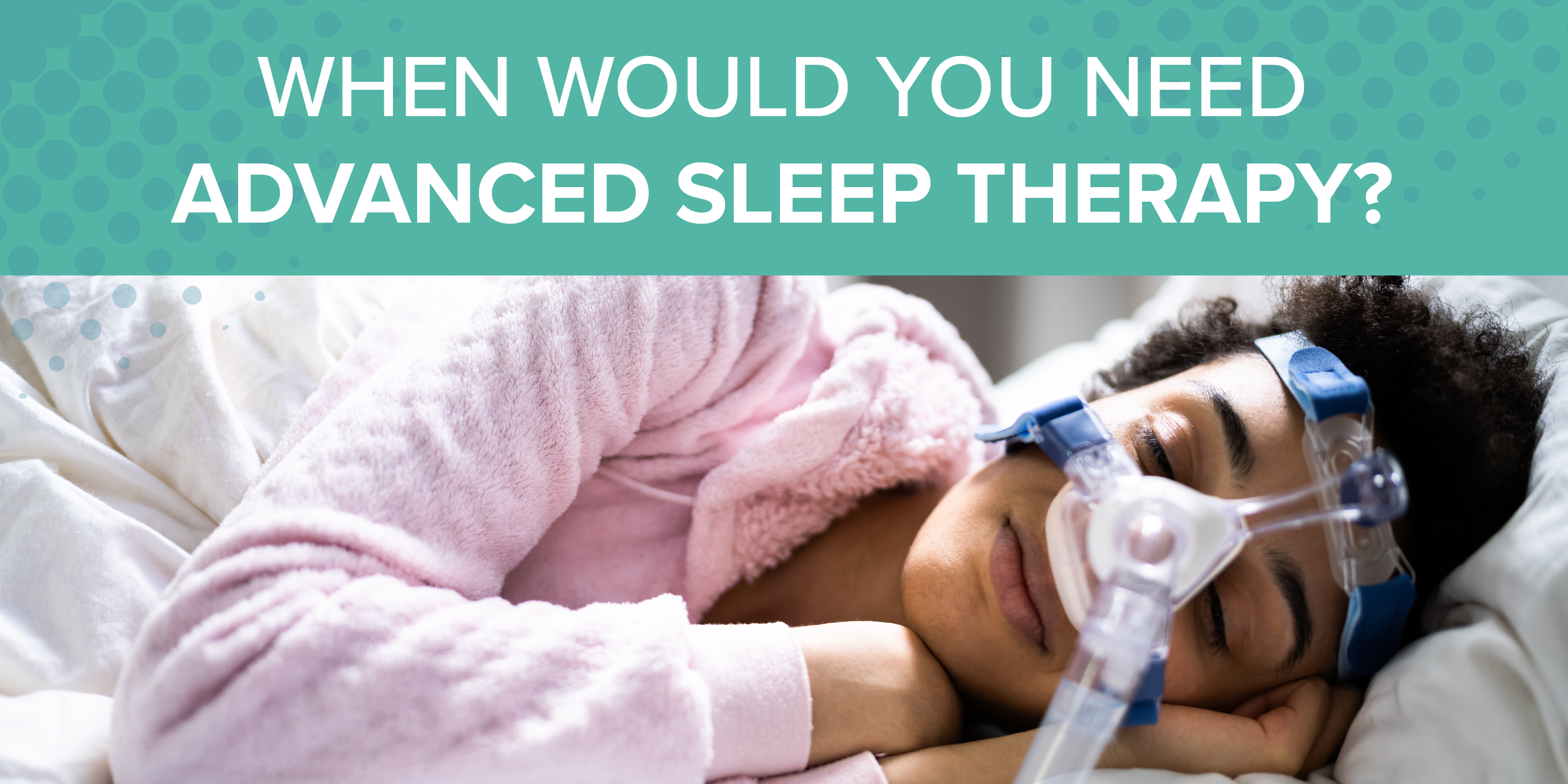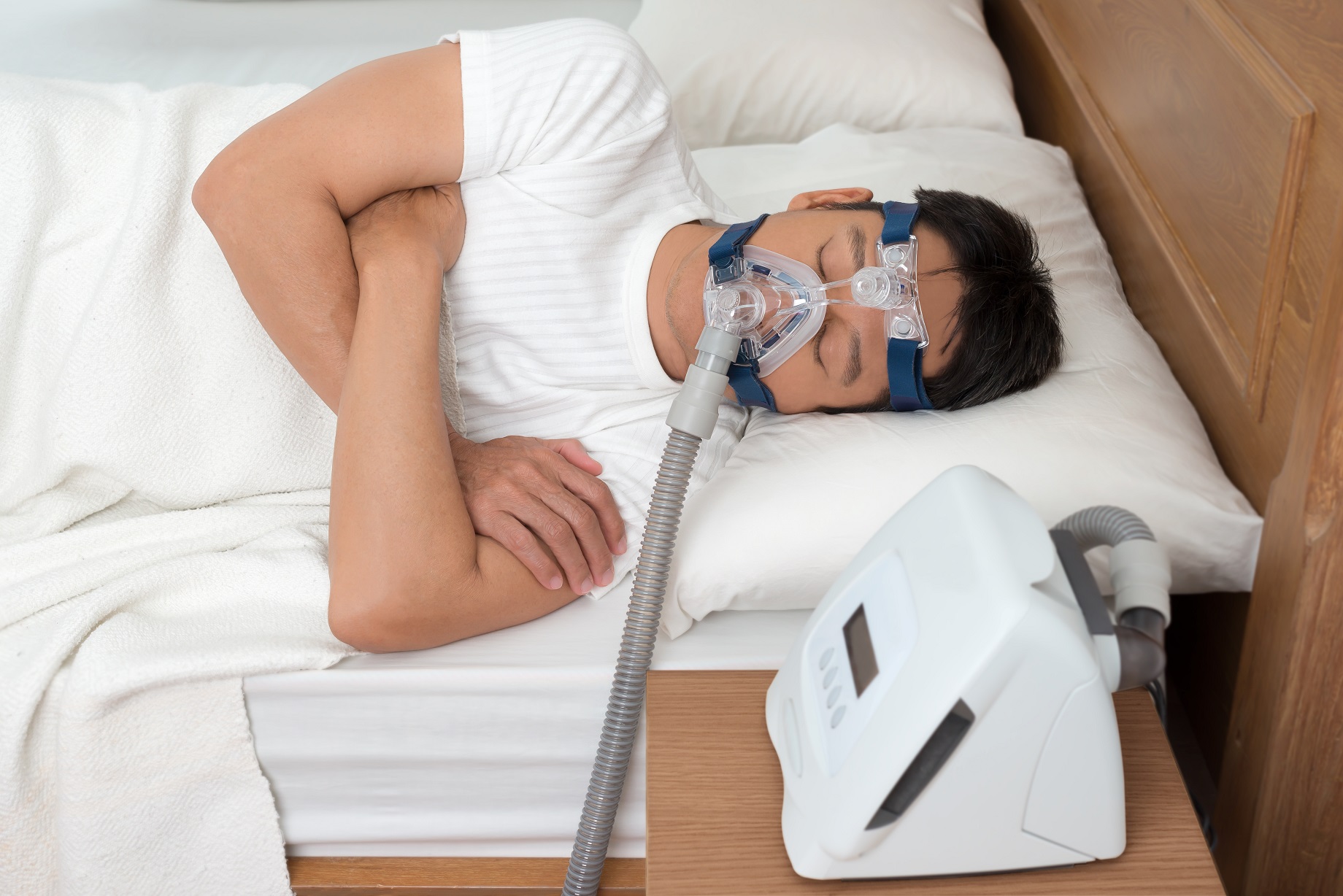Cognitive Behavioral Therapy for Insomnia (CBT-I) - Proven Methods
Cognitive Behavioral Therapy for Insomnia (CBT-I) - Proven Methods
Blog Article
Effective Treatment Solutions for Handling Rest Disorders and Enhancing Relaxing Sleep
In the world of healthcare, the management of rest problems and the quest for peaceful sleep are pivotal components of general well-being. As we navigate the elaborate landscape of sleep disorders and look for to enhance our sleep experience, a deeper understanding of these therapy remedies might hold the trick to opening an extra relaxing and meeting corrective trip.
Cognitive Behavior Treatment for Sleep Problems (CBT-I)
Cognitive Behavior Modification for Sleep Problems (CBT-I) is an organized, evidence-based therapy method that concentrates on dealing with the hidden aspects adding to rest disturbances. This kind of therapy intends to change habits and ideas that exacerbate sleeplessness, inevitably advertising healthy and balanced rest patterns. CBT-I normally entails numerous crucial components, consisting of cognitive therapy, rest constraint, stimulation control, and rest hygiene education.
Cognitive treatment assists people recognize and change adverse idea patterns and beliefs about sleep that might be hindering their capability to fall or remain asleep. Rest restriction entails limiting the quantity of time spent in bed to match the person's real sleep period, thereby increasing rest effectiveness (insomnia solutions). Stimulation control strategies aid establish a solid association between the bed and rest by motivating people to go to bed only when drowsy and to avoid taking part in boosting tasks in bed
Additionally, rest hygiene education and learning concentrates on creating healthy rest behaviors, such as preserving a constant rest schedule, developing a relaxing going to bed routine, and maximizing the rest setting. By dealing with these factors adequately, CBT-I offers a reliable non-pharmacological treatment for managing insomnia and boosting general rest quality.
Sleep Health Practices
Having actually developed the structure of cognitive restructuring and behavioral alterations in addressing insomnia through Cognitive Behavioral Therapy for Sleeplessness (CBT-I), the emphasis now changes towards checking out vital Sleep Health Practices for keeping ideal rest top quality and overall well-being.
Rest health practices encompass a variety of habits and environmental factors that can considerably influence one's ability to sleep and remain asleep throughout the evening. Consistent sleep and wake times, developing a relaxing bedtime routine, and optimizing the sleep environment by maintaining it dark, silent, and cool are essential elements of good sleep hygiene. Restricting direct exposure to screens before bedtime, staying clear of stimulants like high levels of caffeine near to bedtime, and involving in normal physical task throughout the day can additionally advertise much better sleep high quality.
Additionally, practicing leisure techniques such as deep breathing exercises or meditation before bed can assist calm the mind and prepare the body for sleep. By integrating these rest hygiene practices right into one's day-to-day routine, individuals can establish a healthy and balanced rest pattern that sustains peaceful sleep and total well-being.
Leisure Strategies and Mindfulness
Carrying out relaxation techniques and mindfulness methods can play a critical duty in promoting a sense of tranquility and promoting quality sleep. cognitive behavioral therapy for insomnia (CBT-I). These strategies intend to peaceful the mind, minimize tension, and develop an optimum setting for relaxed sleep. One widely exercised approach is deep breathing exercises, where individuals concentrate on slow, deep breaths to unwind the mind and body. Progressive muscle leisure includes tensing and then releasing each muscle group, advertising physical leisure. Furthermore, led i loved this imagery can assist move individuals to a relaxed location in their minds, assisting in stress reduction and boosting rest top quality.
By including these techniques right into a bedtime routine, individuals can signify to their bodies that it is time to unwind and prepare for sleep. Generally, integrating leisure strategies and mindfulness practices can substantially contribute to managing rest disorders and enhancing general rest quality.

Medicine Options for Sleep Disorders
After discovering relaxation strategies and mindfulness methods as non-pharmacological treatments for boosting rest high quality, it is necessary to take into consideration medicine choices for people with sleep disorders. In situations where lifestyle modifications and therapy do not supply enough relief, medicine can be a valuable tool in managing rest disruptions.
Commonly prescribed medicines for sleep conditions consist of benzodiazepines, non-benzodiazepine hypnotics, antidepressants, and melatonin receptor agonists. Benzodiazepines, such as diazepam, are sedatives that can help generate sleep, however they are usually suggested for temporary use because of the threat of reliance. Non-benzodiazepine hypnotics like zolpidem are also made use of to deal with insomnia and have a reduced danger of reliance compared to benzodiazepines. Antidepressants, such as trazodone, can be advantageous for people with co-occurring anxiety and sleep disruptions. Melatonin receptor agonists, like ramelteon, target the body's natural sleep-wake cycle and can be practical for regulating sleep patterns.
It is essential for people to speak with a medical care copyright to establish one of the most appropriate medication option based upon their particular sleep disorder and case history.
Light Treatment for Circadian Rhythm Guideline
Light therapy, additionally known as photo-therapy, is a non-invasive therapy technique utilized to control body clocks and improve sleep-wake cycles. This therapy involves direct exposure to intense light that mimics all-natural sunlight, which helps to reset the body's internal clock. By subjecting people to particular wavelengths of light, typically in the morning or night relying on the wanted effect, light therapy can successfully adjust the circadian rhythm to advertise wakefulness during the day and enhance restful rest during the night.
Research chronic insomnia disorder has revealed that light treatment can be especially valuable for people with circadian rhythm problems, such as delayed rest phase syndrome or jet lag. It can also be practical for those experiencing seasonal depression (SAD), a kind of depression that normally occurs during the winter season months when all-natural light direct exposure is minimized. Light therapy is generally well-tolerated click here for info and can be used along with other therapy methods for rest problems to maximize outcomes and boost overall sleep top quality.
Final Thought
In conclusion, effective treatment remedies for handling rest disorders and enhancing restful rest consist of Cognitive Behavioral Treatment for Sleep Problems (CBT-I), sleep hygiene techniques, relaxation strategies and mindfulness, medicine options, and light therapy for body clock law. These techniques can help people improve their rest top quality and general wellness. It is necessary to seek advice from a healthcare supplier to figure out the most appropriate technique for dealing with sleep issues.
As we browse the detailed landscape of sleep conditions and look for to enhance our sleep experience, a much deeper understanding of these treatment remedies might hold the secret to unlocking a more relaxing and meeting restorative trip.
Sleep constraint involves restricting the amount of time spent in bed to match the individual's actual rest period, thereby increasing rest efficiency. Constant sleep and wake times, producing a relaxing going to bed regimen, and enhancing the sleep atmosphere by maintaining it dark, silent, and cool are important parts of excellent rest hygiene. Light therapy is usually well-tolerated and can be used in combination with various other therapy approaches for rest conditions to maximize results and boost general sleep quality.

Report this page